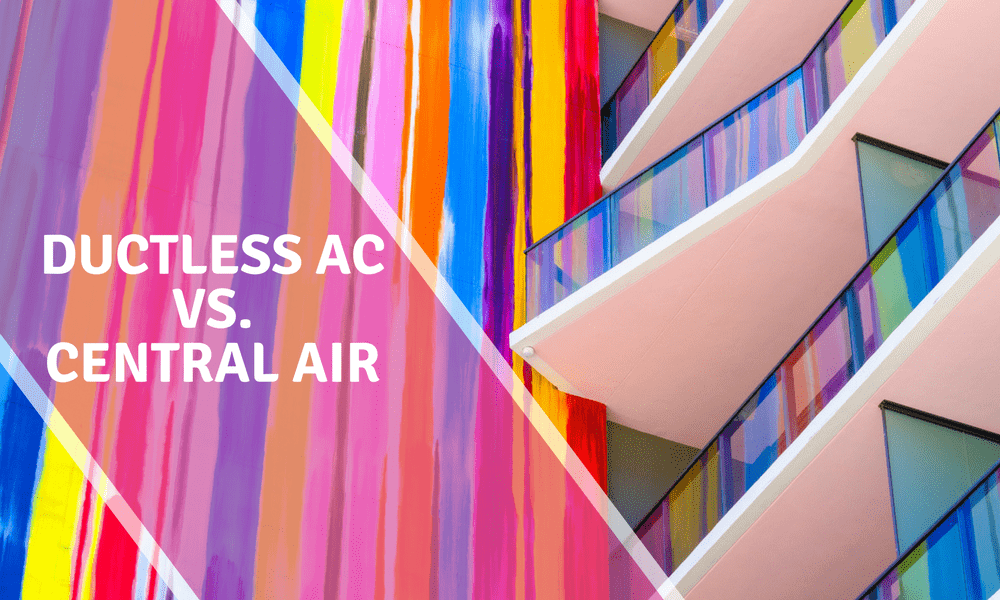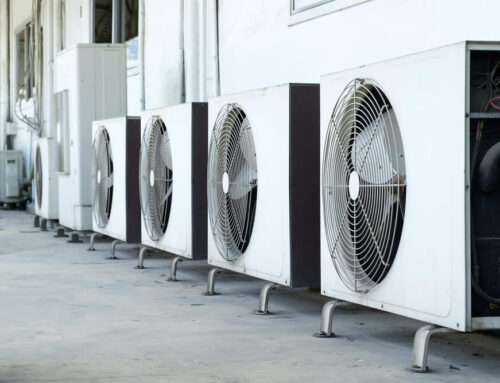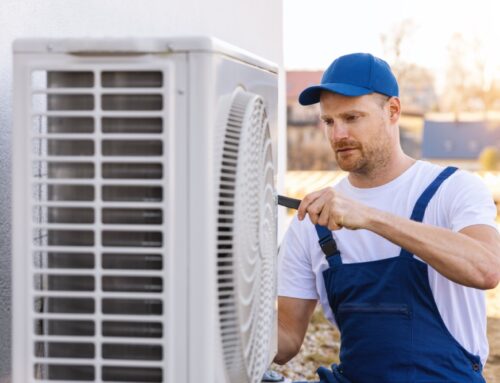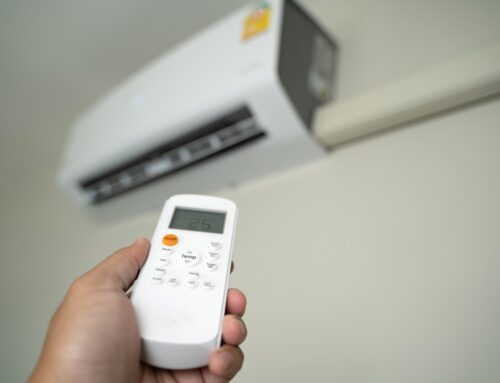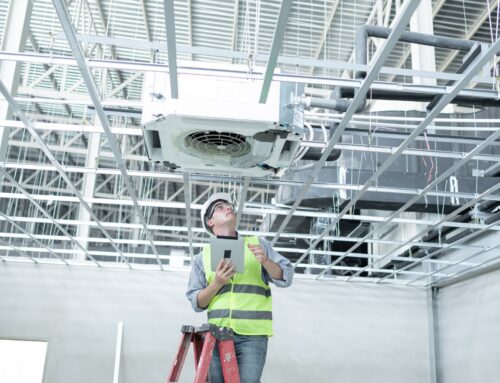Which type of AC is best for me?
Technology has come a long way since Willis Carrier unveiled the first modern electrical air conditioning unit in Buffalo, New York in 1902. Now, not only are there numerous manufacturers, there are also different cooling systems to choose from. As airconditioning is a big investment we would like to explain the main differences in order to help you choose the most suitable system for your needs.
First, we’ll discuss the two main cooling technologies; Refrigerated ducted air conditioning vs evaporative cooling.
Evaporative cooling
With Evaporative cooling hot, dry outside air is cooled by passing through water-filled filter pads. As the warm air passes through the pads, water evaporates, lowering the air temperature and increasing the humidity. You need to keep a window or door partially open to keep the air circulating through your home. If you live in an area with very dry, hot summers this system is ideal.
Advantages
- Relatively cheap to operate as only the fan and a small water pump consume energy
- slightly cheaper installation costs
- simple and compact
- gives a constant supply of fresh, cooled air throughout your home
- some dust and pollen removed by the filter pads
Disadvantages
- not suitable for humid climates or when its raining
- limited temperature control
- The filter system is very basic
- not ideal for those with asthma or respiratory issues
- High water consumption (up to 25 liters of water an hour)
- risk of water leakage if your ceiling outlets are not fitted with covers
Refrigerated air conditioning
Warm air inside a room passes over a coolant filled coil that absorbs the heat. The cooled air is then blown back into the room by a fan and the coolant goes to the outside unit where the heat is released into the air. This system of cooling works best in a well-insulated room with the doors and windows closed.
Advantages
- performs well in all weather conditions
- very effective at removing humidity from a room
- ideal for tropical or sub-tropical climates
- dust, pollen, odors, and bacteria are removed by the filtration system
Disadvantages
- higher energy consumption than an evaporative system
- filters need to be cleaned or replaced regularly to maintain the effectiveness
- for maximum cooling doors and windows need to be kept closed
- if placed near bedrooms or neighbors windows outdoor units can be a noise issue
As Florida has a very humid climate we recommend Refrigerated Air Conditioning for our clients, so the big question is, what type of system should you go for; ductless air conditioning vs central air conditioning?
Here the choice is a little harder to make as there are advantages and disadvantages to both systems. To help you decide, we’re going to ask you some questions.
Does your home have ductwork?
If the answer is yes, a central system will not be too expensive to install. If the answer is no, a ductless system will be cheaper and easier to set up.
Will a visible indoor unit annoy you?
Central AC is invisible indoors. Ductless systems, on the other hand, include an indoor wall-mounted unit. These can be quite elegant and stylish, nevertheless, they are visible.
Does noise bother you?
Generally speaking, ductless systems are quieter but noise levels for both central and ductless units vary depending on the model so it’s best to ask your technician about this.
Is Energy Efficiency a consideration for you?
The best ductless systems have a higher potential energy efficiency (up to 27 SEER) than the best central systems (21 SEER). Also, the quality of your ductwork will seriously impact the energy efficiency of your central system. Too many twists and turns in the ducts, badly sealed joint or poor insulation will lead to seepage and loss of cool air, increasing running costs.
Do you want to keep different areas of your home at different temperatures?
If there are members of your family who like it hotter or colder than others, or if different parts of your home heat up at different rates, you should consider a zoning system. Both central and ductless air-conditioning can be zoned but it’s cheaper with ductless. Installing zoning control for a central system requires upgrading your ductwork with internal dampers.
Ductless vs central air
These are the main differences between cooling methods and systems. We hope you’ve found it useful and if you have any further questions, contact us here at Chills Air Conditioning and we’ll help you choose the best system and model for your needs. Thank you for your time and have a nice day!

